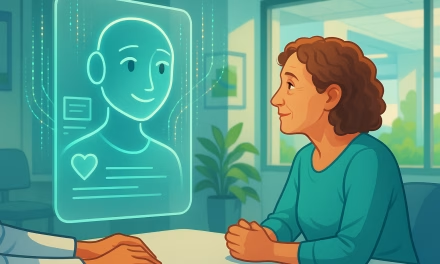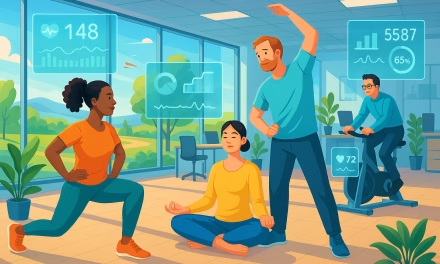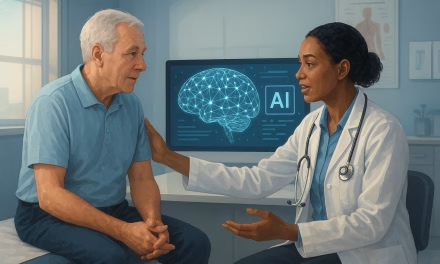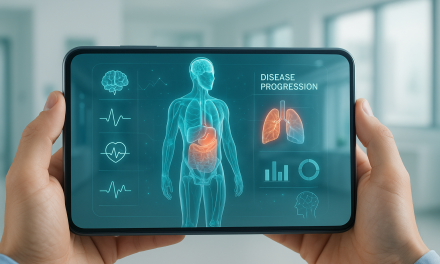The healthcare industry, often burdened by extensive administrative tasks, is finding a powerful ally in Artificial Intelligence, particularly Generative AI. While AI’s role in diagnostics and treatment is well-documented, its increasing impact on streamlining back-office operations is proving to be a game-changer for medical professionals.
One of the most significant applications is the automation of tasks like writing prior authorization letters to insurance companies. This seemingly mundane task consumes countless hours of doctors’ and nurses’ time, contributing significantly to burnout and diverting focus from direct patient care. Generative AI tools can now draft these complex letters, summarize patient records, and even handle billing inquiries with remarkable efficiency and accuracy.
This administrative relief has profound implications for the health and wellness sector. By reducing the clerical load, AI empowers healthcare providers to dedicate more time to what truly matters: interacting with patients, making informed clinical decisions, and providing compassionate care. It’s a direct combatant against the pervasive issue of healthcare worker burnout, fostering a more sustainable and human-centric medical environment.
While public comfort with AI in direct patient care is still evolving, the benefits of AI in administrative support are undeniable. This shift allows for a more efficient allocation of human resources, potentially leading to shorter wait times, improved patient satisfaction, and a healthier, more engaged medical workforce. AI’s healing touch extends beyond the patient to the very infrastructure of healthcare, creating a system that is both more responsive and more resilient.





